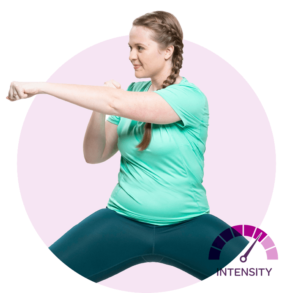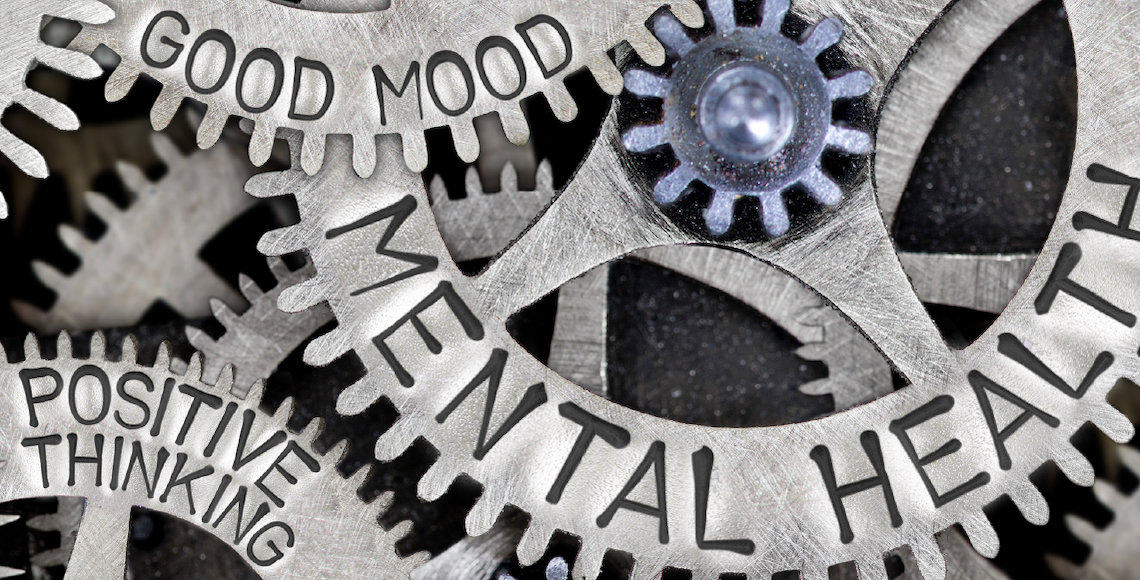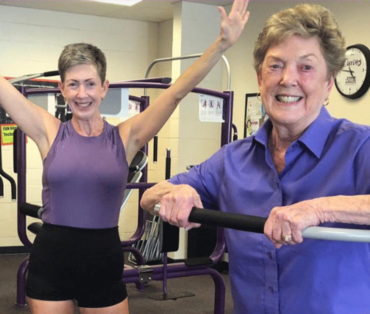The Bonus Benefits of Exercise: Better Health & Wellbeing
We all have those days. You’re cranky, you’re dragging, and the last place you feel like going is the gym. But when you push yourself off the couch and complete a full body workout, you feel so much better mentally. The non-physical benefits of exercise are both immediate and long lasting. In fact, one of the most proven health and wellness effects of exercise is better emotional health. So, the next time you want to skip your whole body workout at Curves, remember: Not only does exercise melt pounds, tone your muscles, and help prevent diseases such as diabetes, cancer, and heart disease, it strengthens your mental health and wellbeing, too. Here’s how:
Working out wards off depression
In an Australian study, researchers found exercising one to two hours a week prevented future depression in people with good baseline mental health and wellbeing. The scientists followed 22,000 adults with no symptoms of anxiety or depression for 11 years. At the start of the study, 12 percent never exercised, and the rest exercised anywhere from up to 30 minutes to more than four hours per week. After 11 years, the non-exercisers were 44 percent more likely to be depressed than those who worked out one to two hours a week. (Exercising more than two hours a week appeared to have no additional health and wellness benefits). 1
Your full body workout flexes your brain
As you get older, your workout routine can help keep your memory sharp. University of British Columbia researchers have discovered that regular aerobic exercise increases the size of the area of the brain that controls learning and verbal memory. All the more reason to remember to jump in a Curves Cardio class! 2
A trip to your gym can lower anxiety
Exercise naturally reduces stress and anxiety by causing your body to release feel-good chemicals called endorphins. Plus, when you focus on how your body feels as you’re working out—your feet hitting the pavement or the sensation of your triceps flexing as you perform arm exercises in the Curves circuit—you become mindful and forget about the worries causing anxiety in the first place. 3
The circuit supports your social circle
Studies show, both exercise and a strong social network are good for health and wellbeing. So why not combine the two? By working out at a ladies gym like Curves, you meet other supportive women with whom you can build friendships in and out of the gym. 4
A full body workout can fend off a foul mood
In a recent study of 1.2 million people, researchers found those who exercised reported 1.5 fewer days of poor mental health a month than people who didn’t exercise. Four activities seemed to be most powerful when it comes to exercise and mental health: team sports, cycling, aerobics and going to the gym (so yes, hitting the Curves circuit fits this bill!). 5
Sweating it out improves your sleep
Regular exercise like the Curves Circuit helps you sleep longer and better. And anyone who’s ever been sleep deprived knows how important sleep is to energy and mood. 6 In one study done at the University of Pennsylvania, people who slept only 4.5 hours a night for a week reported increased stress, anger, sadness, and mental exhaustion. When they returned to normal sleep hours, they saw a dramatic increase in mood. 7
As you can see, the full body workout you do in the Curves circuit or with MyCurves On Demand really does give you full body benefits. Physically and mentally, there’s a clear connection between exercise and wellbeing. Each time you complete a Curves workout, you help build strength in both body and mind.
As you explore both the physical and non-physical benefits of exercise, don’t forget to ask your Curves Coach about the Health and Wellness Educational Series†. These courses include four to six-week educational topics in which you’ll learn more about the link between exercise and mental health, as well as other health topics important to women like you.
Get started here and visit ‘Why Curves’ for more information about Curves women’s only gyms!
Sources:
- Exercise and the Prevention of Depression: Results of the HUNT Cohort Study
- Aerobic Exercise Increases Hippocampal Volume in Older Women with Probable Mild Cognitive Impairment: A 6-Month Randomized Controlled Trial
- Cumulative sleepiness, mood disturbance, and psychomotor vigilance performance decrements during a week of sleep restricted to 4-5 hours per night
- Group exercise improves quality of life, reduces stress far more than individual work outs
- Association between physical exercise and mental health in 1.2 million individuals in the USA between 2011 and 2015: a cross-sectional study
- Interrelationship between Sleep and Exercise: A Systematic Review
- Cumulative sleepiness, mood disturbance, and psychomotor vigilance performance decrements during a week of sleep restricted to 4-5 hours per night
†At participating locations








